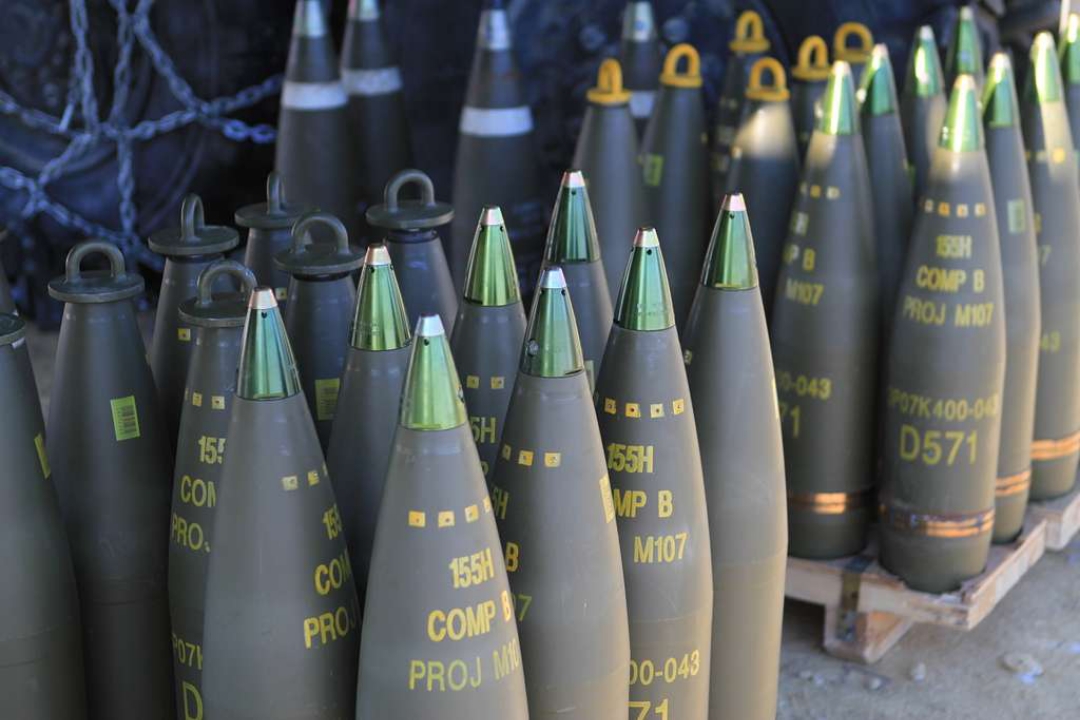
EU countries disagree over manufacturers to purchase 1 million shells for the Armed Forces of Ukraine from
The countries of the European Union have been failing to agree on where to buy shells for the Armed Forces of Ukraine.
Defense News shares details of the contradictions between the allies.
According to the Frankfurter Allgemeine Zeitung, Germany wants to supply a quarter of the planned 1 million shells for the Armed Forces of Ukraine. However, this is not enough, other manufacturers are needed and France insists that purchases should be made from European companies.
Instead, Poland opposes such restrictions and insists on freedom of choice of ammunition suppliers.
The European Union operates with funds from the Peace Facility, which was created in 2021. After February 24, 2022, the Facility’s budget has been increased to €8 billion for the period until 2027. It is this fund that pays compensation to countries for weapons provided to Ukraine.
On November 15, 2022, the EU issued a rule according to which funds could be spent on compensation for weapons of non-European origin.
Detailing the decision, an EU spokesperson told Defense News, “EU member states have agreed on a series of rules, particularly when the items are on the Common Military List of the European Union, which limit their origin to EU, member states and a number of non-EU countries, including the U.S.”
Those other non-EU countries include Norway, Israel, Canada, the U.K. and South Korea.
The permitted list of weapons comprises a wide range of military goods (cannons, howitzers, mortars, ATGMs, missiles, etc.), including artillery ammunition.
However, in March 2023, the European Union Council issued recommendations for the procurement of 155-mm shells for Ukraine. This recommendation calls for buying ammunition within the EU or only in Norway.
According to the sources of the publication in the European Union, this is only a recommendation, but the sums spent on the purchase of ammunition are considerable, and therefore it is desirable that these funds should be received by European manufacturers.
As previously reported, EU foreign ministers agreed on a plan to transfer 1 million ammunitions to Ukraine at the end of March. The EU has earlier identified 15 enterprises in 11 countries that can produce 155mm artillery rounds.
SUPPORT MILITARNYI
Even a single donation or a $1 subscription will help us contnue working and developing. Fund independent military media and have access to credible information.


 Роман Приходько
Роман Приходько 
 Віктор Шолудько
Віктор Шолудько 
 Андрій Харук
Андрій Харук 

 Андрій Тарасенко
Андрій Тарасенко 
 Yann
Yann 
 СПЖ "Водограй"
СПЖ "Водограй" 

 ГО "Військова школа "Боривітер"
ГО "Військова школа "Боривітер" 

 Катерина Шимкевич
Катерина Шимкевич 
 Олександр Солонько
Олександр Солонько 
 Андрій Риженко
Андрій Риженко 




